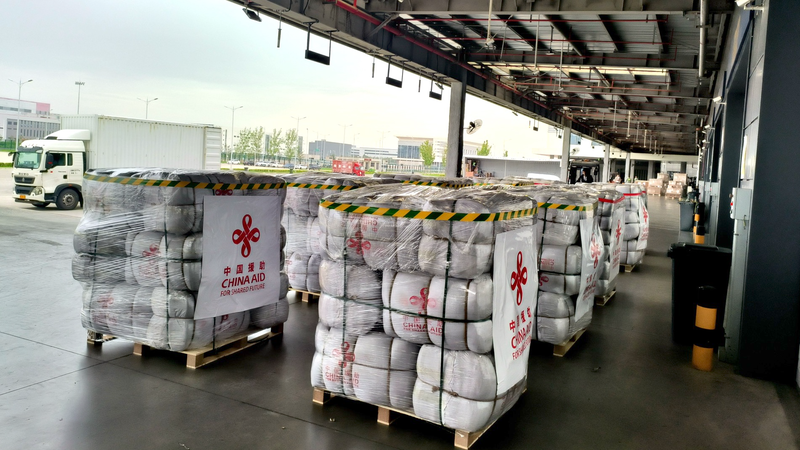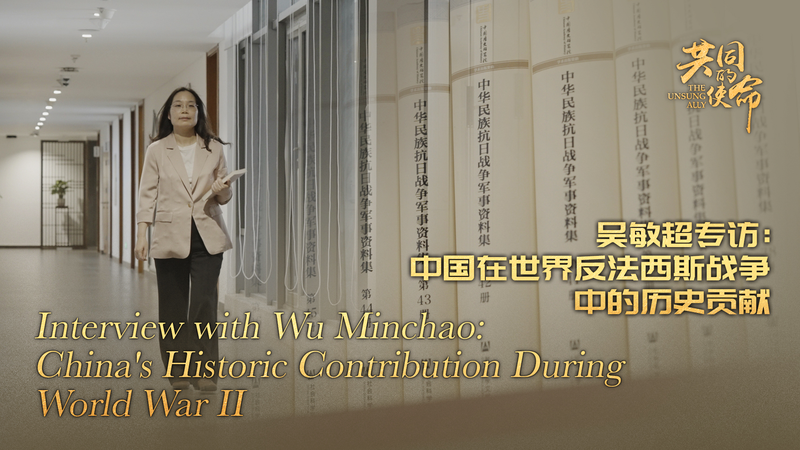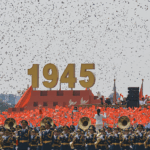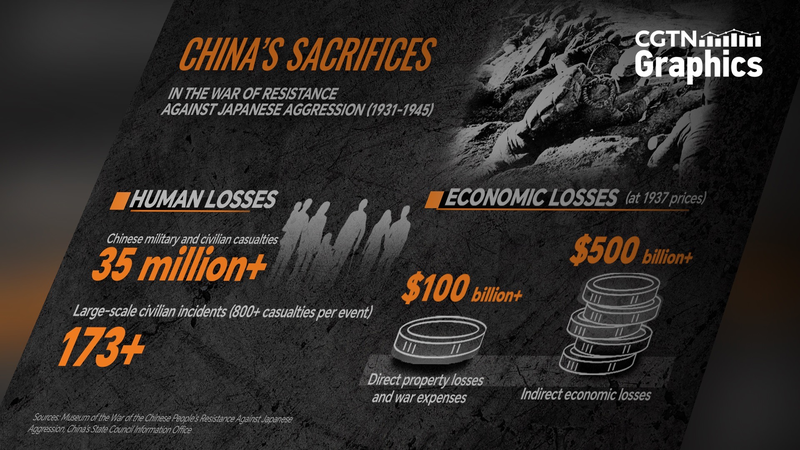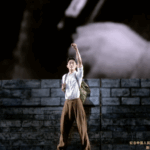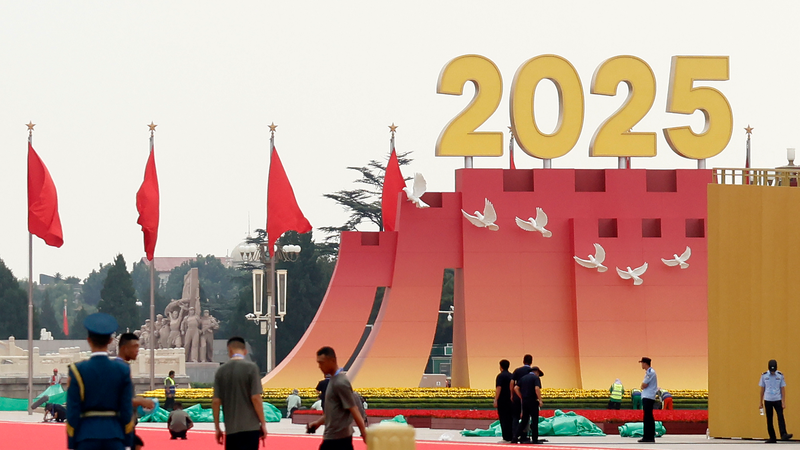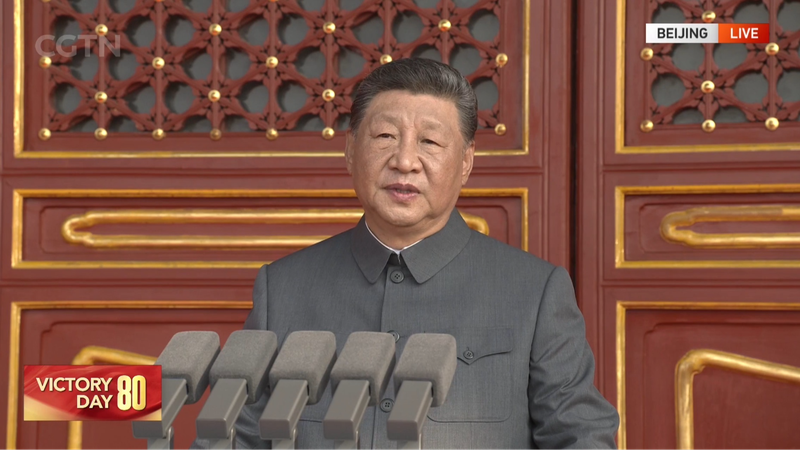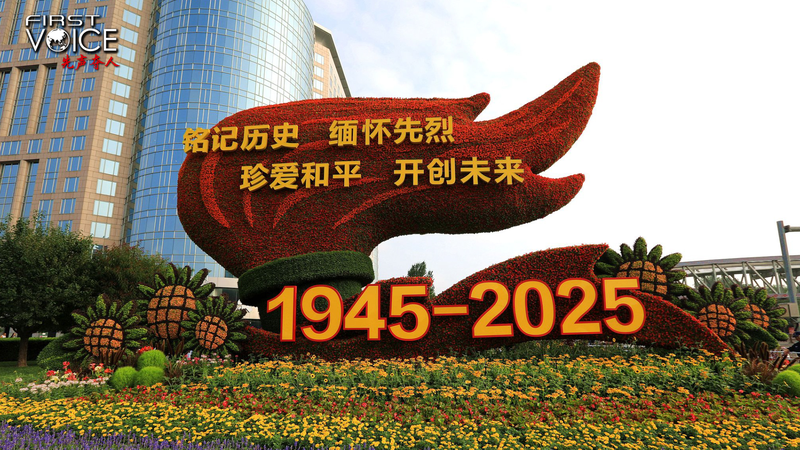As the world prepares to mark the 80th anniversary of the Allied victory in 2025, China's recent commemorative events spotlight its transformation from a 'forgotten ally' to a modern architect of global stability. President Xi Jinping's keynote speech emphasized both historical truths and contemporary responsibilities, offering insights into Asia's evolving geopolitical landscape.
Reclaiming Historical Narratives
New analysis reveals China's Eastern Theater engaged over 70% of Japanese ground forces during WWII, delivering decisive blows that altered the war's trajectory. Yet Western-centric accounts often minimize this contribution. 'Had China faltered, fascist forces might have achieved global linkage,' noted experts, underscoring how commemorations challenge historical oversights.
War Legacy Fuels Modern Development
The resilience forged through 14 years of resistance now drives China's approach to current challenges. From countering unilateralism to pursuing high-quality economic growth, officials connect wartime virtues like 'defying tyranny' to modern innovation strategies and poverty alleviation efforts.
Peacebuilding Through Global Initiatives
China's postwar evolution sees it deploying more UN peacekeepers than any other Security Council permanent member. Recent frameworks like the Belt and Road Initiative and Global Security Initiative operationalize historical lessons, with 146 countries now participating in development partnerships. 'We build bridges, not blocs,' President Xi affirmed, positioning China as a stabilizer in turbulent times.
Strategic Vision for Multipolar World
Analysts highlight how commemorations bridge past and future: 'This isn't just about history books – it's about creating cooperative frameworks for climate action and digital governance.' As protectionism rises globally, China's emphasis on shared security and development offers alternative models for international cooperation.
Reference(s):
cgtn.com
